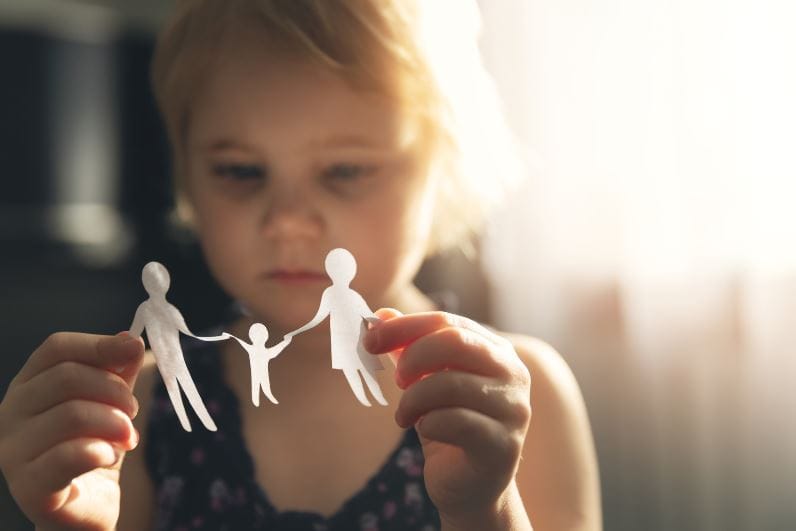
My journey began in my father’s medical practice, comforting infants and young children terrified of needles and blood tests. Dressed in a nurse’s uniform, I engaged with kids who were scared, crying, or there with stressed siblings and overwhelmed parents.
I recall telling a child the injection wouldn’t hurt, to which he playfully suggested I take it instead. My father’s swift technique proved my point before the child could even finish his
sentence or start to cry. Although I was young, my age went unnoticed; what mattered was an extra pair of helping hands.
Tragically, children caught in the family court’s crosshairs have no such comfort. They are mere components in a profit-driven system where child trafficking masquerades as child welfare, where their emotions, needs, and love for protective parents are ignored. Here, children are viewed through the distorted lens of Richard Gardner’s discredited theories, treated as if they are manipulative, trapping adults with false accusations.
Judges and court-appointed officials, under this perverse doctrine, often remove children from loving environments, thrusting them into exile from safety, into realms of cruelty and neglect, while loving parents are left grappling with a system that defies logic and justice in what should be a democratic society. There are no guides for dealing with these judicial monsters who wield the power to fine or imprison, tearing apart families with impunity.
The public must rely on raw instinct for survival—fight or flight. While much is documented about the actions of adults, less attention is given to how children perceive, react, and are reshaped by these crises, altering their destinies from what could have been to what tragically becomes due to unaddressed abuse.
It’s easy to miss mood shifts in young children, whose verbal skills and personality stability are still developing. Yet, these changes—moments of withdrawal, sadness, or irritability—are critical signs. Even brief, these behaviors can indicate something deeply wrong, like sexual abuse—a horror too often overlooked or dismissed under the guise of ‘normal’ child behavior or worse, justified by misguided theories of child sexuality.
Entering relationships, one doesn’t expect to uncover a partner’s criminal predilections. Yet, the rise in child sexual abuse cases compels us to be vigilant. The notion of parental alienation has been weaponized to silence allegations of abuse, undermining the biological and moral imperatives to protect our young.
This issue demands honest, unreserved discussion. Children rely on us, the adults, to advocate for them against systems that might favor convenience over their wellbeing. Our silence or ignorance perpetuates their suffering, altering life courses in the shadows of legal and societal negligence.


